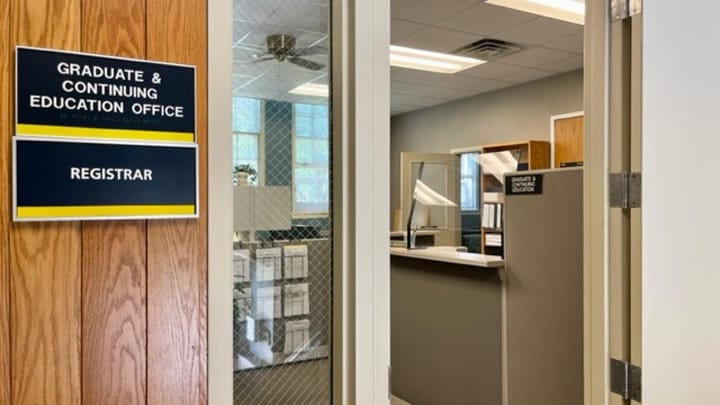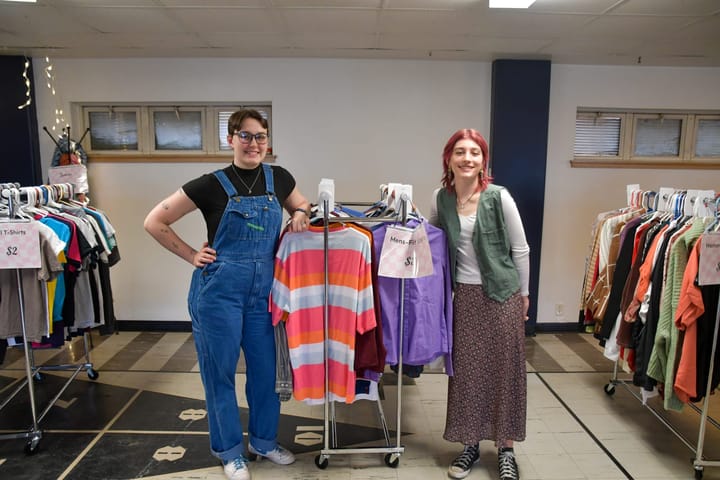IPO navigates federal policy changes

Amid recent changes in laws impacting travel abroad and immigration services, the International Programs Office (IPO) projects one of the largest enrollment groups of international students in Augustana’s history, raising questions about how Augustana’s community may be impacted by the federal administration and what it might expect in the future.
As the end of the current academic year approaches, prospective international students are deciding where they will study, and Director of International Admission Donn Grinager hopes they will be at Augustana.
“We have quite a lot of applications, quite a lot of admitted students already, and now we’re just trying to get admitted students to say yes,” Grinager said.
Grinager explained that international student deposits arrive between April and early June; he defined this period as “busy season.” Grinager usually spends his days video calling admitted students and answering their questions — a common subject among prospective students being feelings of “unpredictability.”
“There is a sense of [unpredictability] in policy formations from the current presidential administration,” Grinager said. “At the moment, there haven’t been any of what I would describe as ‘concrete prohibitions’ against international students here in the United States.”
A list is circulating inside the federal administration that labels countries as “red,” “orange” or “yellow:” “Red” indicates all travel is banned, “orange” indicates visa restrictions, and “yellow” indicates countries have 60 days to address concerns. It is important to note, however, that action has not yet been taken to implement the list.
Heather Edmunds Reed, co-director of international programs and senior international student adviser, explains how these potential legislative changes apply to Augustana.
“What this means for us, we don’t yet know,” Edmunds Reed said. “Like, does that mean our particular visa category — which is F-1 — will be impacted by restrictions?”
F-1 visas allow students from other countries to enter the U.S. as full-time students at accredited institutions.
At a university with international students from more than 54 countries, students from the surveilled areas are bound to be at Augustana; however, according to Edmunds Reed, the areas considered “most at-risk” do not have large enough groups of students at the school to pose a major concern.
Willette Capers, assistant vice provost of diversity, equity and inclusion, believes that the changes could potentially create barriers for historically underrepresented students, therefore limiting programs previously designed to support them.
“At its core, our university values global perspectives and inclusive excellence,” Capers said. “When we lose the opportunity to welcome students from around the world, we lose more than just enrollment numbers. We lose future scientists, artists, community leaders, and friends who enrich our classrooms, challenge our thinking and contribute to the cultural vibrancy of our campus.”
Grinager adds that, overall, political instability impacts the campus climate.
In the past, IPO has swiftly alerted international students about potentially life-altering events. On Jan. 21, 2025, an email was sent to international students explaining that national decisions may be made that could impact their stay in the United States. Edmunds Reed said that the message assured students that the university’s intent was to assist them with visa rule compliance.
“We’re always going to support students in whatever decision they make for themselves,” Edmunds Reed said.
Amid unpredictability, no individual can determine what laws are going to be passed or who might be impacted. IPO and other departments continue to offer resources and advice for any student, whether international or domestic.



